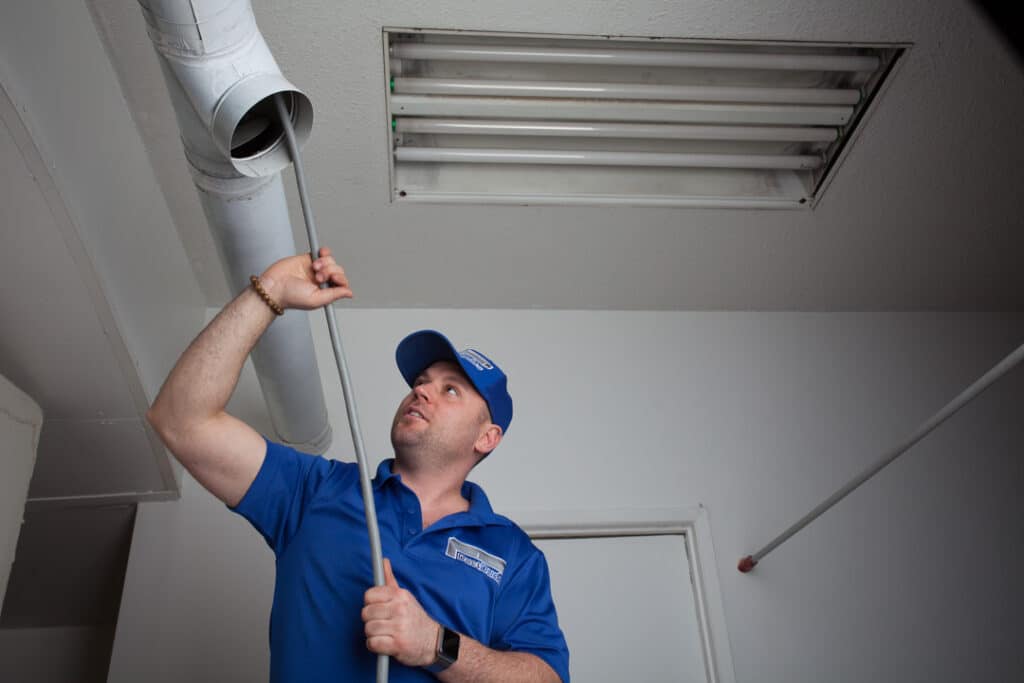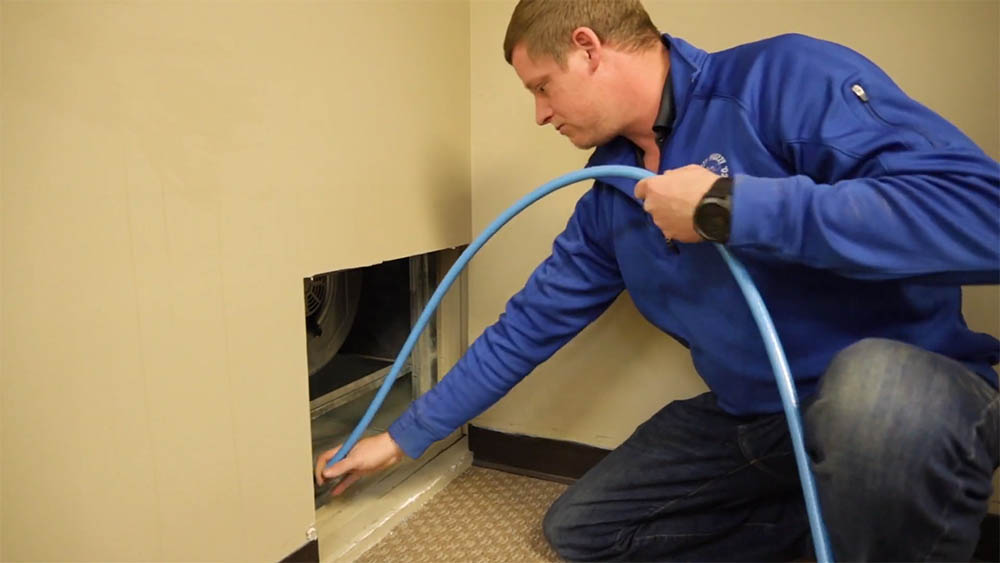Choosing the right HVAC system for your home or business can be a daunting task. As technology has advanced, it has brought forth revolutionary options for heating, ventilation, and air conditioning (HVAC) systems, including the invention of smaller and more efficient units. In this article, we delve deeply into the question of what is the smallest HVAC system and explore its advantages and potential uses.

Understanding HVAC Systems
Before diving into the specifics of the smallest systems, it’s essential to understand what HVAC encompasses. HVAC stands for Heating, Ventilation, and Air Conditioning, and these systems are responsible for providing thermal comfort and improving indoor air quality.
Components of an HVAC System
- Heating: Often provided by a furnace or heat pump.
- Ventilation: Allows for the exchange or replacement of air within a space.
- Air Conditioning: Provides cooling and humidity control.

Why Size Matters
The size of an HVAC system plays a crucial role in its efficiency and effectiveness. Smaller HVAC systems are becoming increasingly popular, especially in spaces where traditional, larger units might be overkill.
Benefits of Smaller HVAC Systems
- Energy Efficiency: Smaller systems often consume less power.
- Space Saving: Ideal for compact living spaces or offices.
- Cost Effective: Generally less expensive to install and maintain.

Types of Smallest HVAC Systems
Mini-Split Systems
Mini-split systems are highly efficient and perfect for small spaces. They consist of an outdoor condenser and one or more indoor air-handling units.
Portable Air Conditioners
These units are versatile and can be moved from room to room. They do not require permanent installation.
Window Units
Window units are compact, easy to install, and highly efficient for cooling single rooms.

Applications of Smallest HVAC Systems
Given their size and efficiency, smaller HVAC systems are ideal for various applications.
Residential Applications
- Small Apartments
- Individual Rooms
- Basements
Commercial Applications
- Small Offices
- Meeting Rooms
- Retail Spaces
How to Choose the Right One
When selecting an HVAC system, factors like the size of the space, budget, and specific needs should be considered.
Factors to Consider
- Size: Ensure the unit is appropriately sized for the space.
- Energy Efficiency: Look for units with higher energy ratings.
- Cost: Balance initial costs with long-term operational costs.
Conclusion
Choosing the smallest HVAC system can offer significant advantages in energy efficiency, cost savings, and space utilization. Understanding your specific needs will help in selecting the perfect unit. Always consult with an HVAC professional for expert guidance.
FAQs
What is the smallest HVAC system available?
The smallest units include mini-split systems, portable air conditioners, and window units.
Can small HVAC systems be used for commercial purposes?
Yes, they are suitable for small offices, meeting rooms, and retail spaces.
Are smaller HVAC systems more energy-efficient?
Generally, smaller systems consume less energy and can be more efficient, especially in compact spaces.
As an Amazon Associate, I earn from qualifying purchases.
